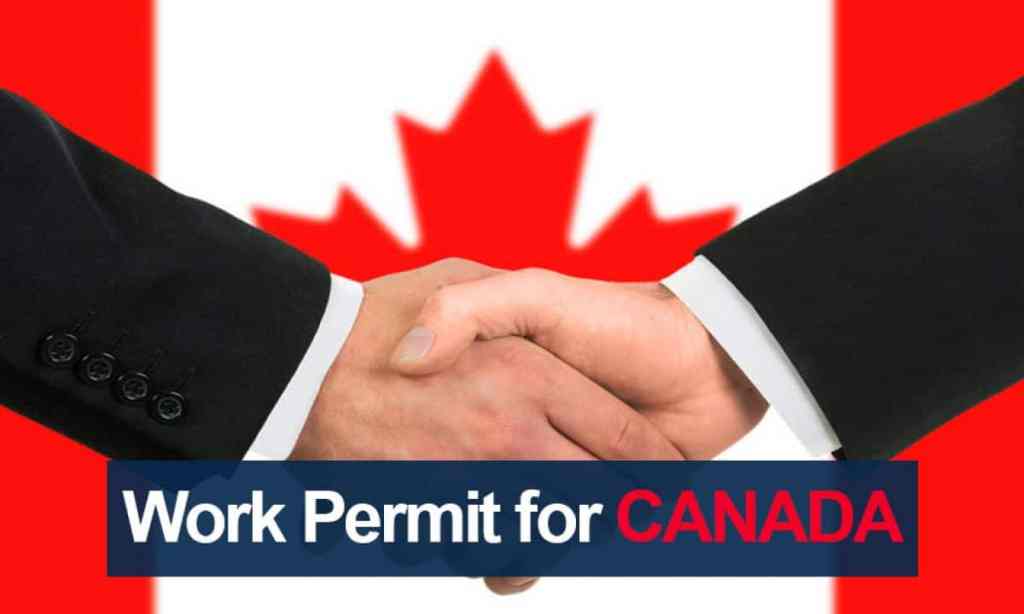Hiring an immigration lawyer can provide numerous benefits for individuals seeking to navigate the complex and often confusing process of immigrating to a new country. Here are some of the benefits of hiring an immigration lawyer:

- Expertise and Experience: Immigration lawyers are trained and experienced in the complex and ever-changing field of immigration law. They can provide valuable guidance and advice based on their knowledge of the law and their experience handling similar cases.
- Assistance with Paperwork and Applications: Immigration lawyers can assist with the preparation and filing of complex paperwork and applications, ensuring that all necessary documentation is completed accurately and on time.
- Representation in Court: If an immigration case goes to court, an immigration lawyer can provide representation and advocacy for their client in court proceedings.
- Understanding of Legal Options: Immigration lawyers can help individuals understand their legal options, including the different types of visas, green cards, and other forms of immigration relief that may be available.
- Increased Chance of Success: Hiring an immigration lawyer can increase an individual’s chances of success in their immigration case. Immigration lawyers can help their clients navigate the legal process and increase the likelihood of a positive outcome.
- Peace of Mind: By working with an immigration lawyer, individuals can have peace of mind knowing that they have a legal professional on their side who is dedicated to helping them achieve their immigration goals.
How to Hire an Immigration Attorney?
Hiring an immigration attorney can be a daunting task, but here are some steps you can follow to help you find the right attorney for your needs:
- Research: Start by researching immigration attorneys in your area. You can use online directories or referral services to find attorneys who specialize in immigration law.
- Check Qualifications: Check the qualifications of the attorneys you are considering. Look for an attorney who is licensed to practice law in your state and who has experience handling immigration cases.
- Read Reviews: Read online reviews from past clients to get a sense of the attorney’s reputation and track record. You can also ask for referrals from friends or family members who have worked with immigration attorneys in the past.
- Schedule a Consultation: Once you have a list of potential attorneys, schedule a consultation to discuss your case. During the consultation, ask questions about the attorney’s experience, their approach to immigration cases, and their fees.
- Compare Attorneys: After your consultations, compare the attorneys you have spoken with based on their experience, track record, and fees.
- Make Your Decision: Finally, make a decision based on your research and consultations. Choose an attorney who you feel comfortable working with and who you believe can help you achieve your immigration goals.
It’s important to note that hire an experienced Immigration lawyer can be a significant financial investment, but it can also increase your chances of success in your immigration case.




